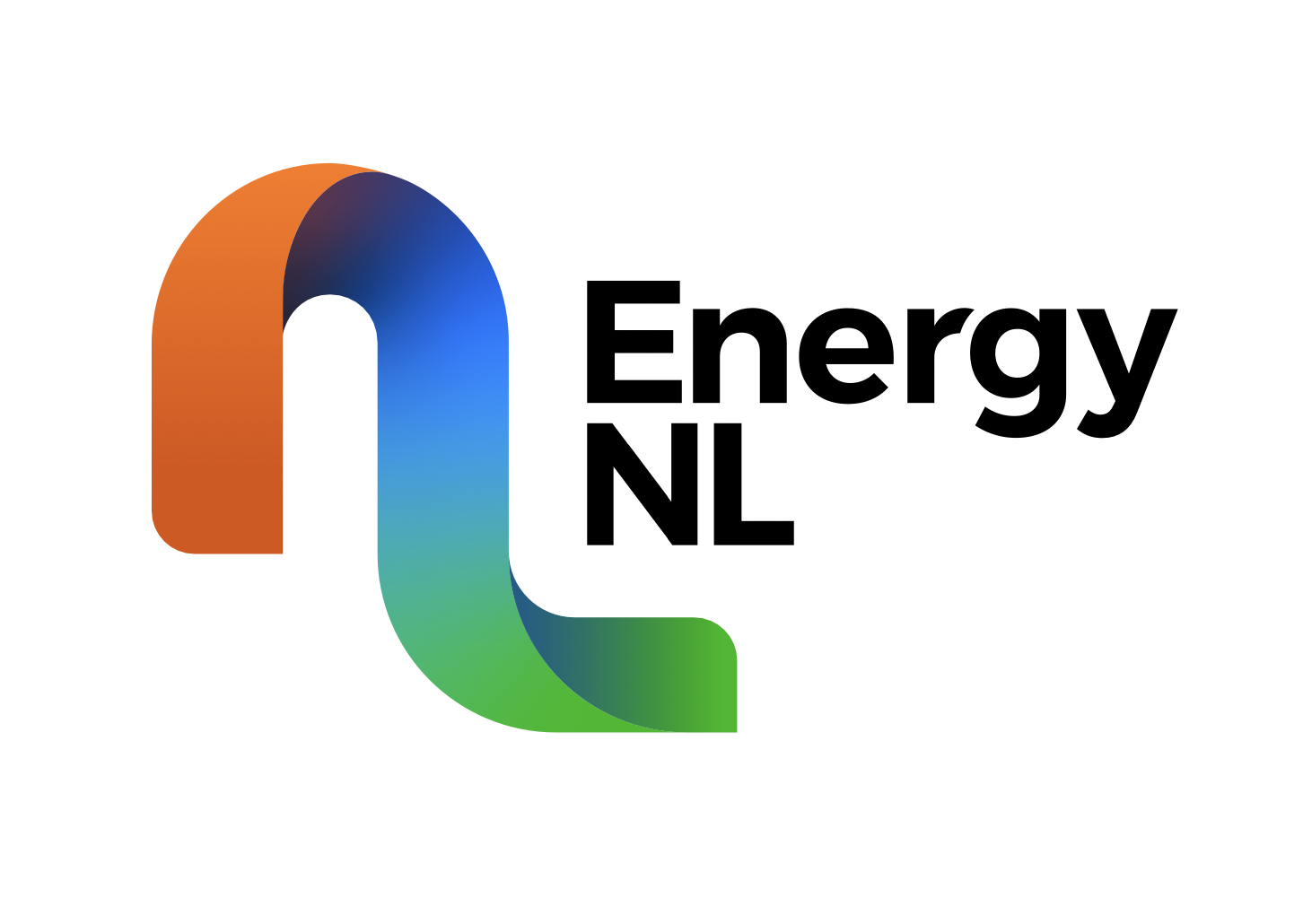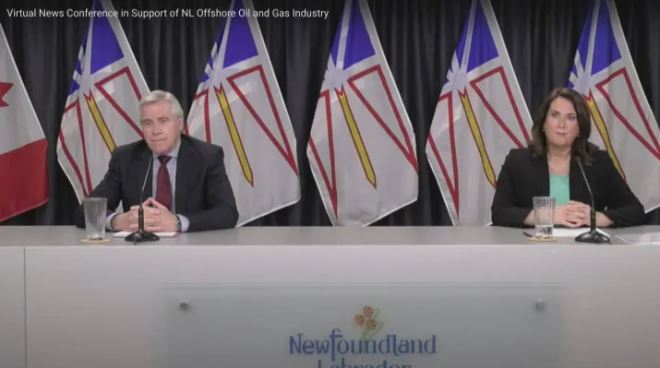The Newfoundland and Labrador government wants Ottawa to “step up” and provide financial support to the province’s beleaguered energy sector, or risk losing the industry to other countries with more attractive incentives.
Premier Dwight Ball and Natural Resources Minister Siobhan Coady joined a host of oil and gas industry players Tuesday for a public plea asking the federal government to listen to the province and stop dragging its heels on a plan for the offshore sector.
“We’re asking the Prime Minister. We need to see some action,” Mr. Ball said.
“They’ve stepped up on many occasions to support Newfoundland and Labrador, and we’re asking for them to step up once again for our province which urgently needs support for the oil and gas industry.”
More than a dozen oil and gas companies have recently closed up shop in the province, according to Newfoundland and Labrador Oil and Gas Industries Association (Noia) chief executive Charlene Johnson, as the industry deals with fallout from the COVID-19 pandemic and tanking global oil demand.
Investment is fleeing Newfoundland’s offshore sector, Mr. Ball said. And with Norway readying to open up more rounds of offshore exploration, Ms. Johnson said, it will be tough to persuade offshore players to stay in the province without federal support – particularly given that “Norway will have such attractive incentives to draw them there.”
Norway’s US$1.1-trillion sovereign wealth fund recently announced it will divest from four major Canadian oil companies. Even so, the country is forging ahead with the expansion of its own offshore drilling sector.
In Newfoundland, the sector wants federal investments to expand offshore exploration in a similar way, and points to the Petroleum Incentive Program introduced in 1981 by then-Prime Minister Pierre Trudeau under Canada’s National Energy Program as a potential solution. The province says funding from that program got many offshore production facilities off the ground.
Ms. Coady said the province and industry have had “almost daily” conversations with federal Natural Resources Minister Seamus O’Regan, who represents a St. John’s riding, to request similar exploration supports. But they have seen little movement from the federal government.
What’s particularly frustrating, Ms. Johnson said, is that the industry has answered swaths of questions put to it by Ottawa, including potential returns on offshore investment, details on the number of workers in the sector, Newfoundland’s carbon footprint, and the sector’s fiscal impact on the province and country.
“We have provided ample data and evidence. There’s no logical reason why our request should not be supported,” she said.
“It’s very frustrating, and we’re at a point now where’s it’s over to you, Prime Minister, and your cabinet colleagues, to help our province so we can prosper.”
In an e-mail, Mr. O’Regan didn’t say if Ottawa is considering Newfoundland’s requests for exploration investment, but he said the province’s commitment to net zero emissions by 2050 is “good for our environment and good for our economic competitiveness.”
“Around the world, investors are increasingly looking for this commitment,” he said. “[Newfoundland] has a good product to sell – a sweet, light crude with a fraction of the emissions.”
Nalcor Energy, the province’s energy Crown corporation, estimates each barrel from offshore basins generates 12 kilograms of greenhouse gas emissions. By comparison, the world average is 18 kilograms, and it’s 44 kilograms in the oil sands, Nalcor says.
Mr. Ball said that opportunity for “green growth” in his province is exactly why there needs to be timely movement by the federal government.
“There’s been a significant amount of discussion and the message we’re sending today is we need some action here. No longer can it be ignored,” he said.
Ms. Johnson said she understands the federal government doesn’t want to subsidize fossil fuels, but more offshore exploration supports would be an investment.
“What’s really frustrating – and I think it’s something the federal government needs to ask itself – is if we turn off the taps here for oil and gas, are we just going to sit back and continue to import foreign oil?” she said.
“To turn off the switch here is an economic loss for Canada and an economic gain for other countries.”
hip in NOIA because they’re closing up shop here.”
O’Regan, who is also the MP for St. John’s South, said in a tweet on Tuesday that he’d been in discussion with Johnson regarding the growing anxiety in the offshore sector.
“We all have friends and family who are worried about their jobs. Oil and gas is in a state of upheaval out West, and around the world. But I am a champion of our offshore. Together we will get through this.”
Ottawa has been offering programs to help companies with liquidity problems during the pandemic.
Federal agencies last month announced commercial loans, ranging in size from $15 million to $60 million each, to fund cash flow needs for a year for companies that had shown themselves to be financially viable prior to the pandemic.
A spokesman for O’Regan’s office said these kinds of programs have helped provide liquidity to the small and medium-sized players in the industry.
In addition, the Canada Emergency Wage Subsidy program covers up to 75 per cent of an employee’s wages for an employer, and can be applied to oil and gas firms, O’Regan office noted.
—
Source: Globe and Mail | This text was excerpted from the media outlet cited on May 26, 2020 and is provided to Noia members for information purposes only. Any opinion expressed therein is neither attributable to nor endorsed by Noia.






